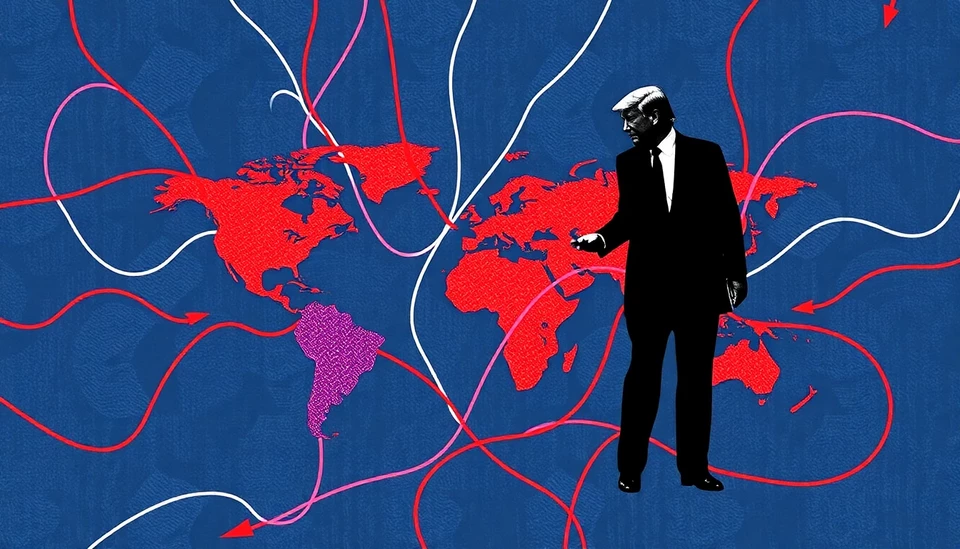
In a recent episode of Bloomberg's podcast, the complex origins and unfolding narrative of Donald Trump's global trade war were meticulously examined. This insightful discussion offers listeners a chance to grasp the intricate web of factors that have shaped the trade policies implemented during Trump's presidency, shedding light on the consequences that have rippled through the global economy.
The podcast delves into various pivotal moments that contributed to the emergence of Trump's confrontational approach to trade. Notably, the episode begins by discussing the prelude to the trade policies that defined his administration, tracing back to longstanding grievances held by American manufacturers and citizens regarding trade imbalances with major economies like China.
Host and experts engage in a thorough analysis, revealing how these grievances were agitated by the changing global economic landscape. They highlight instances such as the loss of manufacturing jobs and the perceived unfair advantages given to foreign competitors, which resonated strongly with many American voters. These sentiments were crucial in propelling Trump’s “America First” agenda during his campaign.
Trump's approach to international trade was characterized by a significant shift from the traditional bipartisan consensus that had marked U.S. trade policy for decades. The podcast emphasizes how this new stance involved utilizing tariffs as a primary tool for negotiating trade agreements, a tactic that had not only ideological but also practical implications for global markets.
One of the key discussions revolves around the aggressive tariffs imposed on Chinese goods, which were designed to counter what the administration described as unfair practices and intellectual property theft. The podcast features expert opinions on the immediate and long-term impacts of these tariffs, including retaliatory measures taken by China and other trading partners, which exacerbated tensions and contributed to a widespread economic slowdown.
In addition, the episode touches upon the internal dynamics of the U.S. government during Trump’s tenure, spotlighting the influence of economic advisors and key figures who supported the president’s trade policies. The transformation of the U.S. Trade Representative's office into a more combative entity is discussed, highlighting a departure from the diplomatic negotiations that characterized earlier administrations.
Listeners learn about the broader implications of the trade war, especially the way it redefined America’s relationships with traditional allies and adversaries alike. The episode discusses how the trade discord has prompted discussions about supply chain vulnerabilities and the need for countries to reassess their economic dependencies.
The economic fallout of the trade war is also analyzed, with experts reflecting on its impact on agriculture, manufacturing, and technology sectors. The increasing costs of tariffs and the consequent strain on prices for everyday consumers are articulated, painting a picture of a complex economic landscape that remains fraught with uncertainty.
As the podcast concludes, it poses critical questions about the future of trade relations under the legacy of Trump’s policies. The experts contemplate whether the American economy has adapted to these changes or if we are witnessing the beginning of a more entrenched global economic conflict that will require significant diplomacy and strategic adjustments moving forward.
By dissecting both the origins and implications of Trump's trade policies, this podcast episode provides listeners with essential insights into the evolving dynamics of international trade and the continued relevance of these issues in global economic discussions.
#TradeWar #Trump #GlobalEconomy #Tariffs #InternationalTrade #China #Economics #SupplyChain #Manufacturing #Podcast
Author: Rachel Greene




